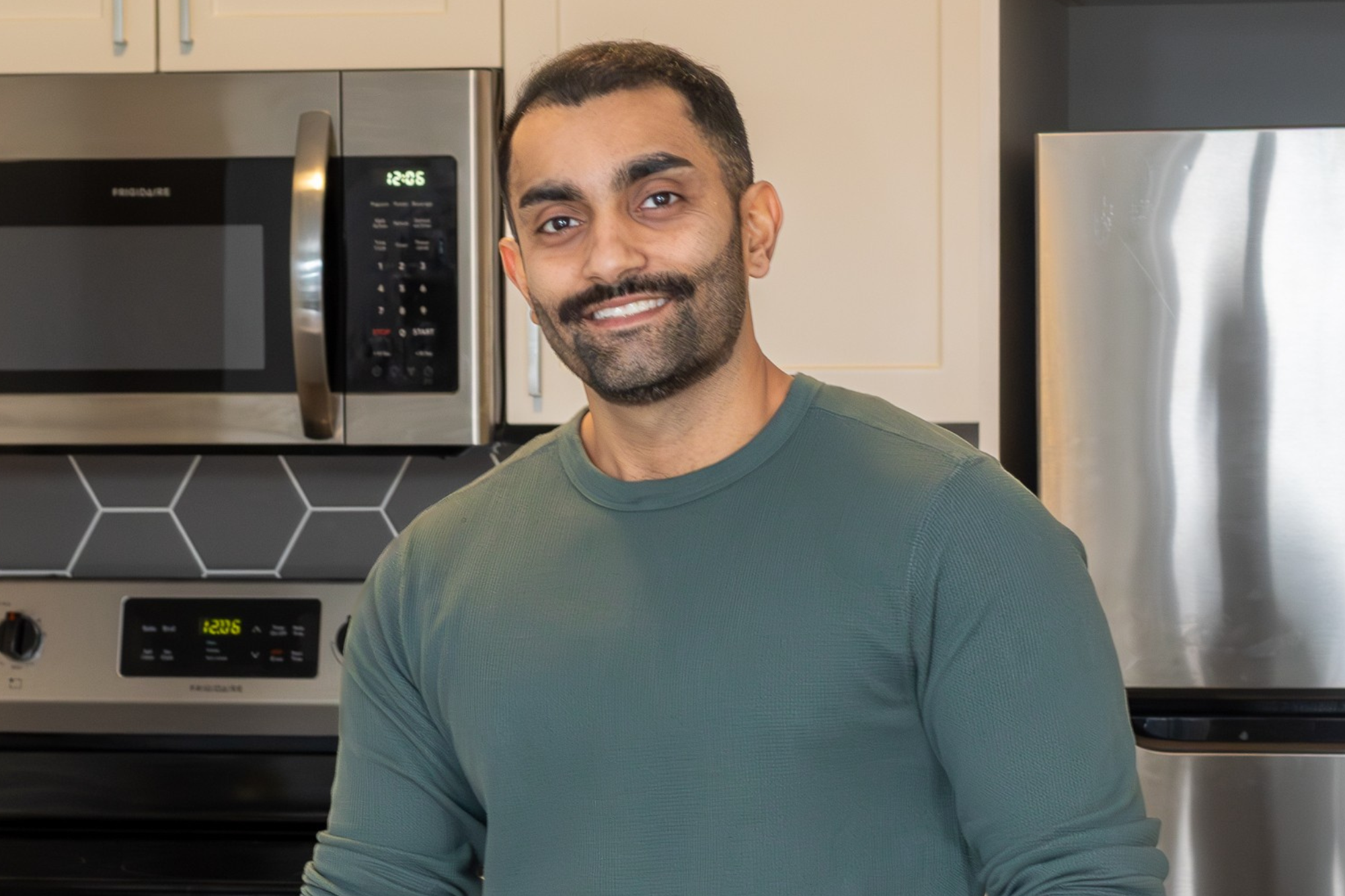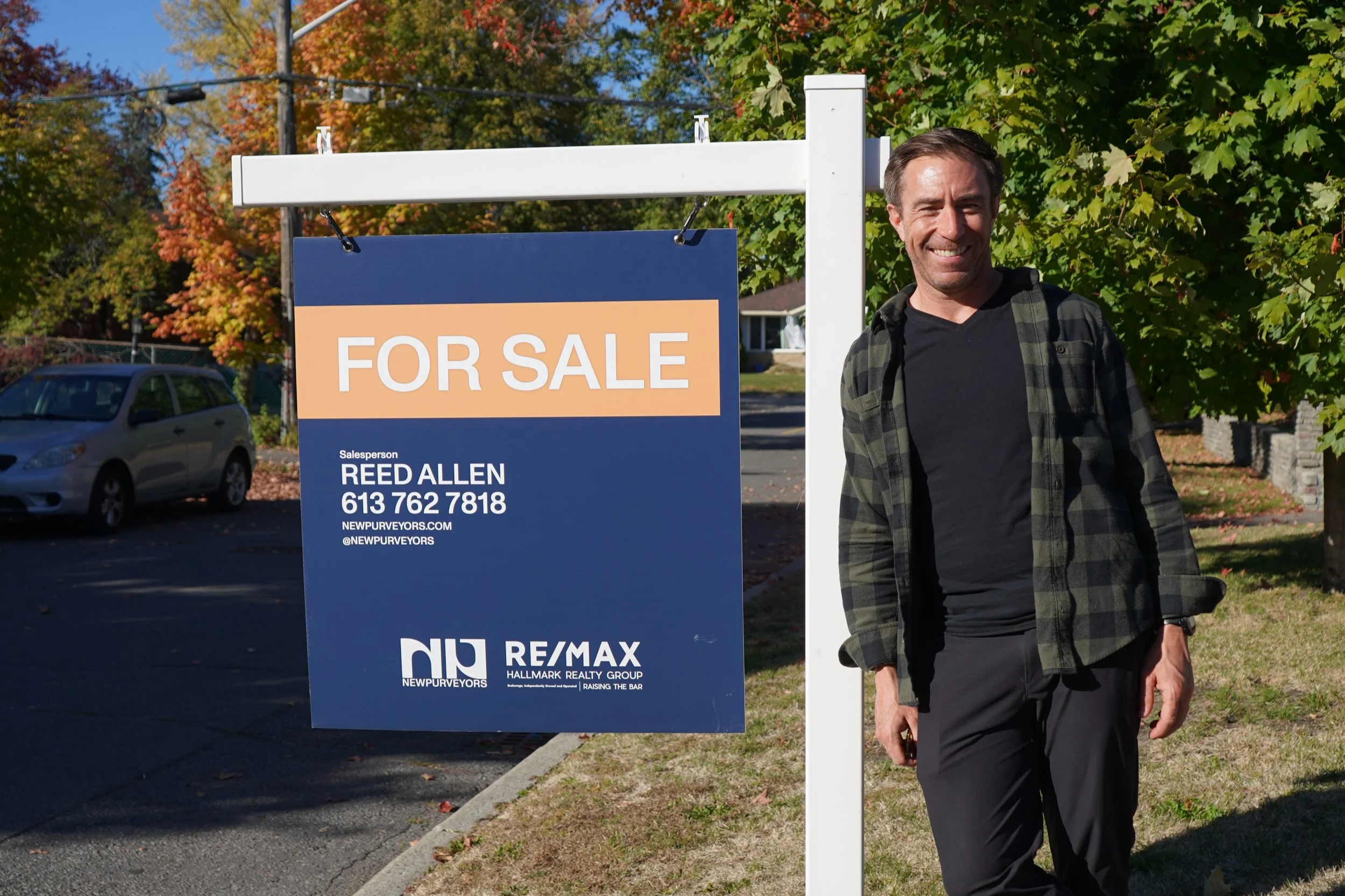What’s the point of a home inspection?
A home inspection is just that - an inspection of a home. More specifically, by a professional who is qualified to review both the interior and exterior of a home and look for issues that may be costly down the road.
Typically, home inspections take place before a home purchase or as a condition of one.
The National Bank of Canada recommends doing a housing inspection even on a new build. It is better to be sure than to find out later!
Let’s break down what a home inspection is.
A home inspection contains a series of observations about the property. It will include notes about any work that needs to be done, defects on the property, issues with water and mould, and any smells. There will also be a large number of photos of the property.
The home inspector will get this information by evaluating the walls, ceilings, floor, structure and foundation, roof, and more.
Choosing an inspector is a process. You want an inspector who is part of an association or professional order. This helps you be sure they are qualified, but also ensures they have liability insurance, which will protect you as a buyer in some ways. The Ontario association is called the OAHI, the Ontario Association of Home Inspectors. A building inspector can cost around $500, and should be budgeted for in your extra costs while purchasing a home, along with lawyers and other closing costs.
So why would you do a home inspection before agreeing to purchase a home? Besides the obvious (the house is falling apart), there are a lot of minor or invisible issues with a home that you may want to be aware of, even if you still decide to purchase the home.
Buying a property is a major investment. You wouldn’t invest a ton of money into a stock without having a good understanding of how that stock should perform in the future, and the same idea should be applied to a house. Although you also live in it, a home is, for most people, their largest asset. Much of your money is tied up in it! You don’t want to be putting a ton of money into something when, with a short inspection, you could have known it will be losing value quickly.
The reason you want a professional to do this, rather than just yourself and your agent taking a look at the home, is because they are trained to notice things that you are not. Especially when you are excited about a home due to its looks or function, you may miss some of the major red flags that illustrate the home may be more trouble than it's worth! And, as mentioned before, a professional inspector will have insurance that protects you from anything they may have missed. If your inspector does make a mistake and misses something, you can use their insurance to claim that they should have seen it, and you can take action against them to save yourself the trouble of paying for it out of pocket.
Finally, and probably most importantly, you'll know what kind of work your home will need in the future. If it seems like it is going to be costly, you may be able to use this knowledge to negotiate a new price with the seller. This can also work in your favour if you have a conditional sale clause in your contract. This allows you to cancel the transaction if you find out something in the inspection that the seller did not know about or disclose.
The inspection will take place after you have submitted an offer on a home and it has been accepted. You can’t do an inspection during your first walk through or anything like that! Your timeline for doing an inspection and reviewing the results will often be indicated in the offer to purchase.

























